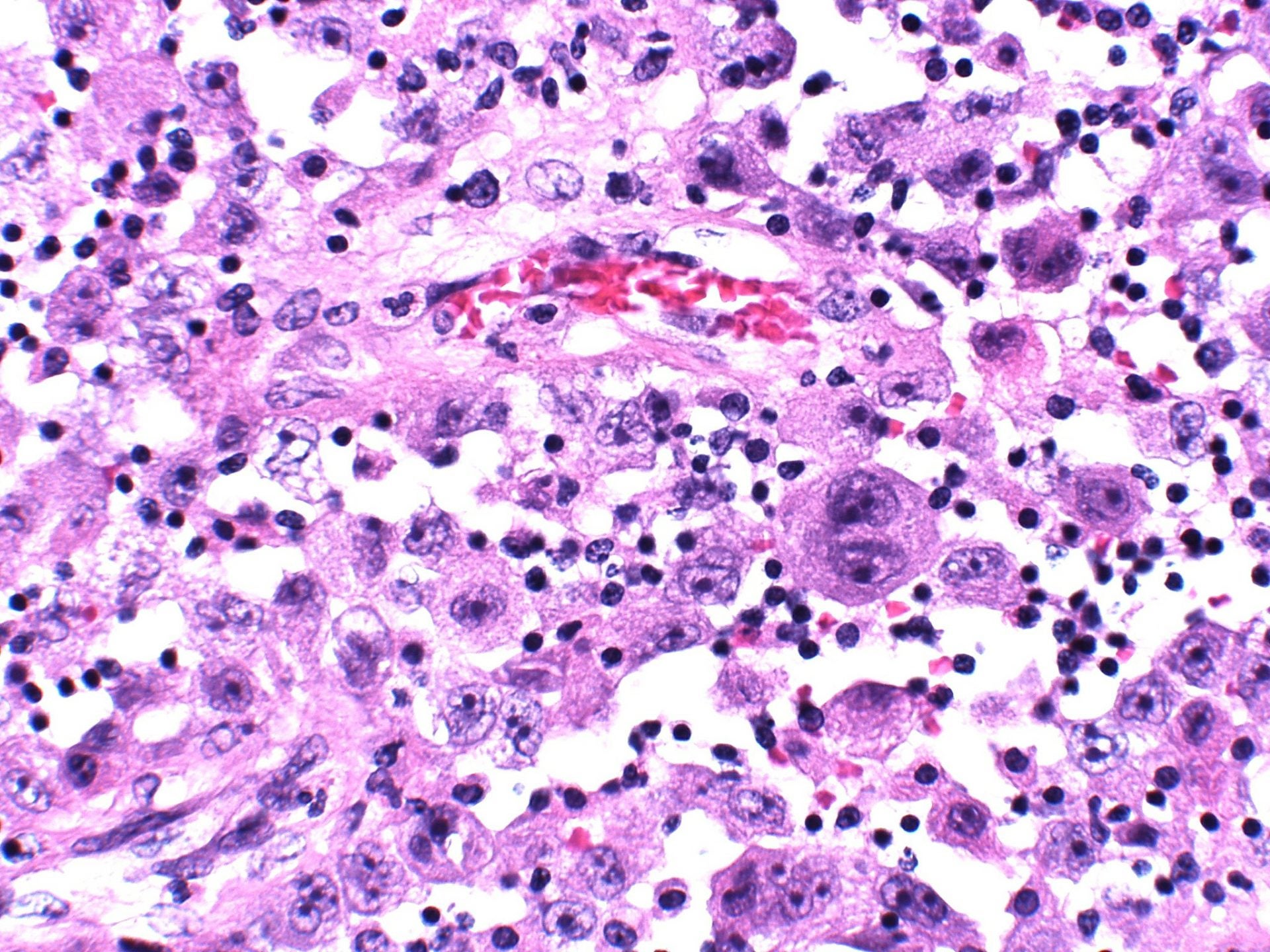
Bridge Biotherapeutics has commenced the Phase I/II clinical trial of BBT-176 in non-small cell lung cancer (NSCLC) patients with osimertinib-resistant EGFR triple mutations.
A new epidermal growth factor receptor-tyrosine kinase inhibitor (EGFR-TKI), BBT-176 can potentially hinder the signalling pathway of EGFR with C797S mutations emerging because of osimertinib (Tagrisso)-resistant mutations in NSCLC.

Discover B2B Marketing That Performs
Combine business intelligence and editorial excellence to reach engaged professionals across 36 leading media platforms.
The open-label study will evaluate the safety, tolerability, pharmacokinetics and anti-tumour activity of BBT-176 in NSCLC patients who progressed following prior therapy with an EGFR TKI agent.
It plans to enrol approximately 90 subjects categorised into a dose-escalation phase (Part 1) and a dose-expansion phase (Part 2).
Part 1 of the study, which has already begun in the Republic of Korea, will identify the recommended Phase II dose (RP2D) by assessing the safety and tolerability of the drug in the treatment group.
The subsequent Part 2 will be carried out in the US as well as Korea this year. Primary and secondary outcome measures will include assessments of complete anti-tumour activity with objective response rate (ORR), duration of response (DoR), and progression-free survival (PFS).

US Tariffs are shifting - will you react or anticipate?
Don’t let policy changes catch you off guard. Stay proactive with real-time data and expert analysis.
By GlobalDataFurthermore, Bridge Biotherapeutics will analyse detailed mutation profiles collected by liquid and tumour biopsy procedures on completing the trial.
Bridge Biotherapeutics CEO James Lee said: “We are highly encouraged to be able to initiate the first-in-patient study of BBT-176, which is expected to address high unmet medical needs of advanced NSCLC patients with C797S mutations across the globe.
“Our business development team will be exploring strategic partnership opportunities as the clinical study progresses.”
Lung cancer is categorised into NSCLC and small cell lung cancers (SCLC) groups. Estimates show that NSCLC accounts for approximately 85% of all lung cancer diagnoses.
The company is also developing a first-in-class Pellino-1 inhibitor, BBT-401, for treating ulcerative colitis and a new autotaxin inhibitor, BBT-877, for fibrotic diseases.





